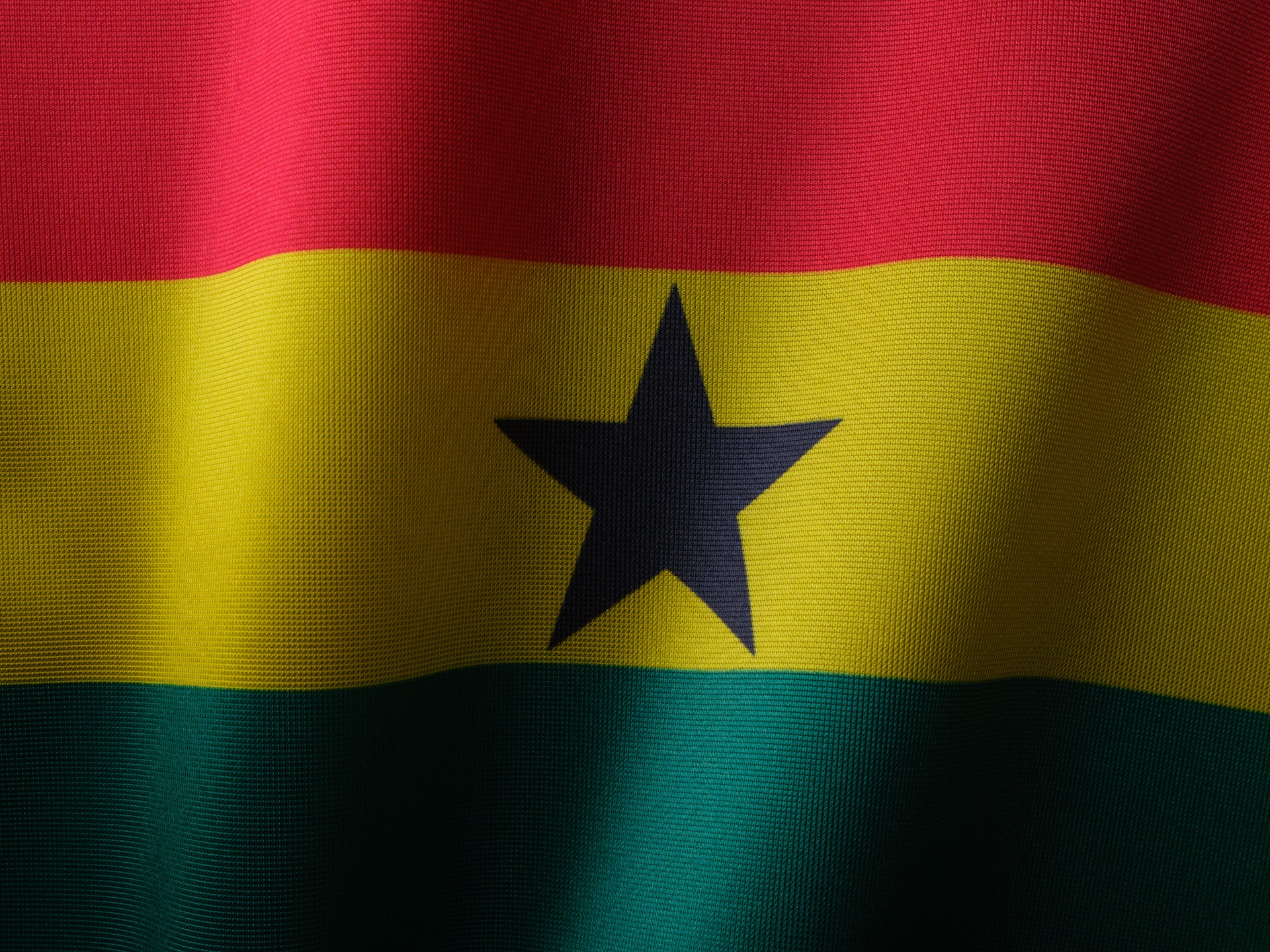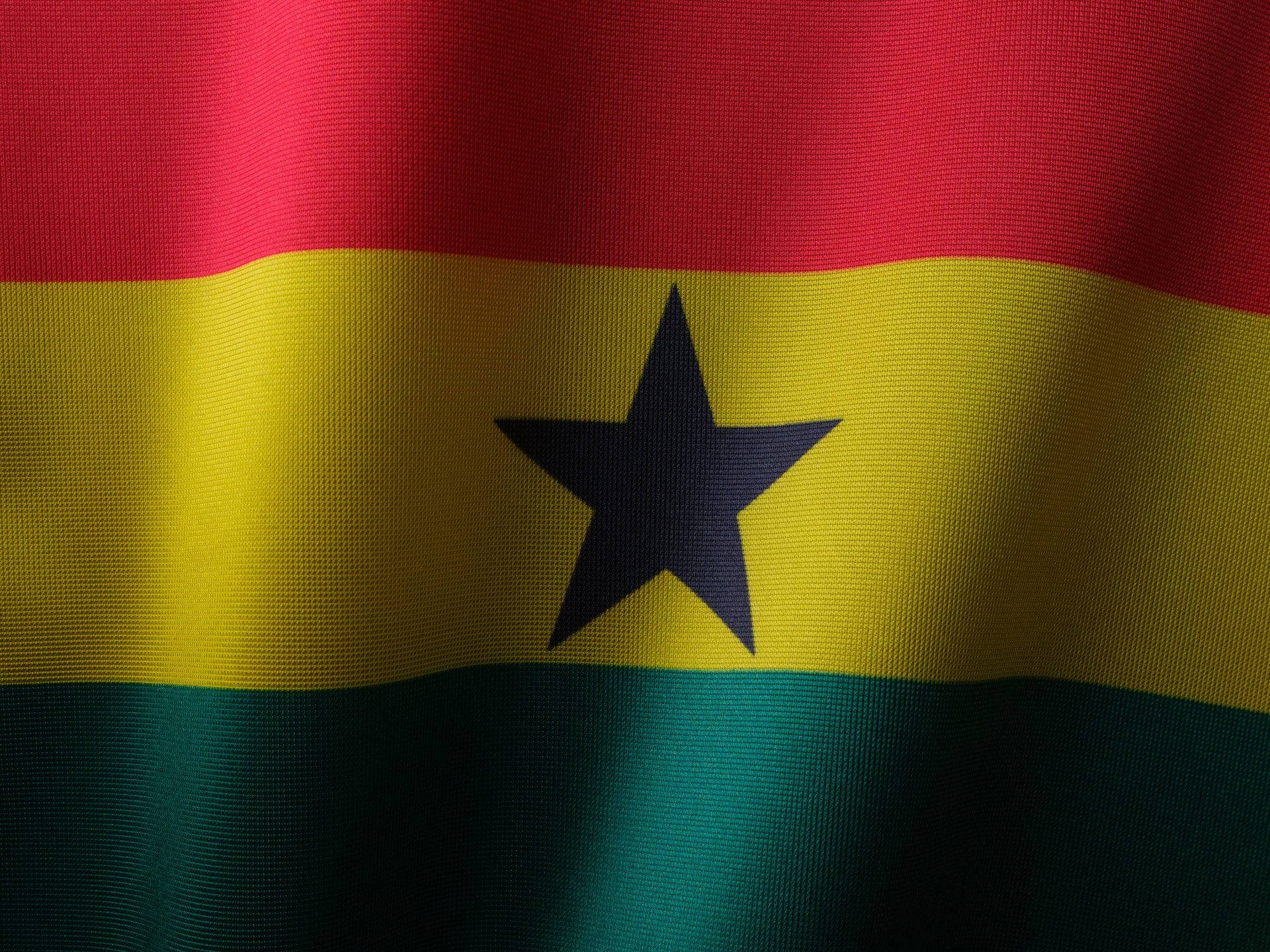Protecting intellectual property in Ghana is essential for businesses and individuals to maintain their competitive edge and safeguard their valuable assets. The country has made progress in establishing a comprehensive IP legal framework, but it is crucial to remain vigilant and proactive in the face of ongoing risks. This includes staying up to date on relevant laws and regulations, monitoring potential infringements, and utilizing available enforcement mechanisms when necessary. Additionally, addressing challenges and seizing opportunities for enhancing IP protection will contribute to fostering a culture of innovation and creativity in Ghana. By taking these steps, businesses and individuals can better protect their IP assets and contribute to the country's economic growth and development.
Types of Intellectual Property Protection in Ghana
- Patents: Patents in Ghana protect inventions that meet the requirements of novelty, inventive step, and industrial applicability. Patent protection lasts for 20 years from the filing date, provided that annual maintenance fees are paid.
- Utility Models: Utility models in Ghana, also known as "minor patents," protect inventions with a lower degree of inventiveness than patents. Utility model protection lasts for seven years, with no option for renewal.
- Trademarks: Trademarks in Ghana are protected through registration with the Registrar General's Department (RGD). A trademark registration is valid for ten years from the application date and can be renewed indefinitely for additional ten-year periods.
- Industrial Designs: Industrial designs that are new and possess individual character are eligible for protection in Ghana. A design registration lasts for an initial five-year term and can be renewed for up to two additional five-year terms, totaling 15 years of protection.
- Copyrights: Ghana offers copyright protection for original works of authorship, including literary, artistic, and scientific works. The duration of copyright protection varies depending on the type of work but generally lasts for the life of the author plus 70 years after their death.
- Trade Secrets: Trade secrets are protected under Ghanaian law, which safeguards confidential business information, including formulas, processes, and methods. There is no specific duration for trade secret protection, but the information must be kept confidential to maintain its protected status.
Risks to Intellectual Property in Ghana
Despite Ghana's efforts to strengthen its IP legal framework, several risks still exist. Some of the most common risks include:
- Counterfeiting and piracy: Ghana faces challenges in combating the production and distribution of counterfeit goods and pirated materials. This affects various industries, including pharmaceuticals, clothing, and software.
- Online infringement: The proliferation of digital platforms has led to increased risks of online IP infringement, such as unauthorized use of copyrighted material, trademark infringement, and the sale of counterfeit goods.
- Weaknesses in IP enforcement: While Ghana has made strides in improving its IP enforcement system, there are instances of insufficient enforcement efforts, leading to prolonged disputes and difficulties in obtaining effective remedies.
Enforcing Intellectual Property Rights in Ghana
- Administrative enforcement: The Copyright Office and the Registrar General's Department play essential roles in the administrative enforcement of IP rights in Ghana. Rights holders can request these authorities to take action against IP infringements, such as seizing counterfeit goods or investigating suspected infringements.
- Civil enforcement: Rights holders can initiate civil lawsuits to seek remedies such as injunctions, damages, and the destruction of infringing goods. Ghanaian courts have been increasingly effective in enforcing IP rights, offering remedies to rights holders.
- Criminal enforcement: Criminal enforcement is also available for specific IP violations, such as copyright infringement and trademark counterfeiting. The Ghanaian police and prosecution authorities are responsible for investigating and prosecuting criminal IP cases. In recent years, Ghana has increased its efforts to crack down on serious IP offenses, leading to more criminal prosecutions and convictions.
Relevant Statistics
- According to the World Intellectual Property Organization (WIPO), Ghana filed 74 patent applications in 2020, demonstrating the country's commitment to protecting and fostering innovation.
- In the same year, Ghana filed 390 trademark applications, highlighting the importance of brand protection for businesses operating in the country.
- A 2019 study conducted by the Organisation for Economic Co-operation and Development (OECD) estimated that counterfeit and pirated goods accounted for approximately 2.5% of global trade. While Ghana is not among the largest sources of counterfeit products, it is still affected by these challenges.
Challenges and Opportunities for Intellectual Property Protection in Ghana
- Strengthening online enforcement: Given the increasing prevalence of online IP infringement, it is essential for Ghana to enhance its efforts to combat unauthorized use of copyrighted material, trademark infringement, and the sale of counterfeit goods on digital platforms.
- Raising public awareness: Increasing public awareness of the importance of IP protection is crucial for fostering a culture of respect for IP rights in Ghana. This can be achieved through educational campaigns, public outreach, and collaboration with industry stakeholders.
- Encouraging innovation and creativity: Developing a strong IP environment in Ghana requires promoting innovation and creativity. This can be achieved by providing incentives for research and development, supporting start-ups and entrepreneurs, and facilitating collaboration between academia and industry.
- Strengthening international cooperation: Ghana can further bolster its IP enforcement efforts by strengthening international cooperation, sharing best practices, and engaging in joint initiatives with other countries to combat counterfeiting and piracy.
Related Information

















